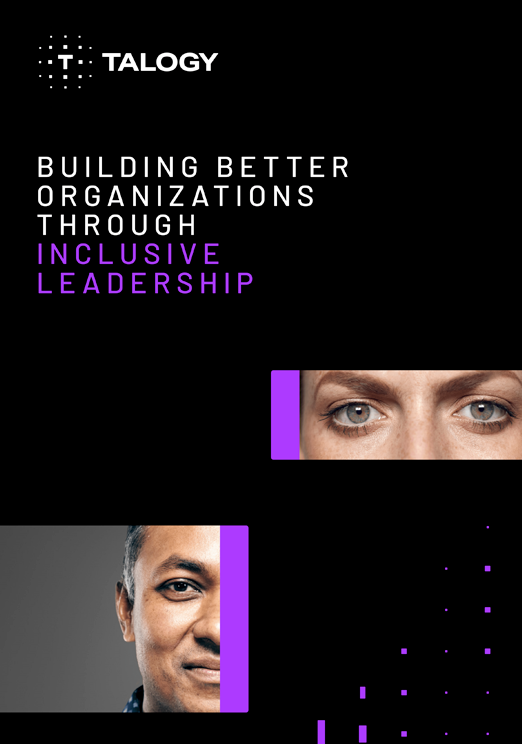In my conversations with small-business leaders and their HR Managers, or with managers of independent business units inside larger organizations, I find that many share the same assumption: that talent-development engagements are for big corporations, not “the little guy.” It’s just one more advantage the name brands have over the rest of us, says the small business.
While it’s true that pharmaceutical giants, big-name banks, and other globally recognized corporations have enviable and vast resources for recruiting and developing talent, it’s also true that affordable alternatives most certainly exist.
One such option I often recommend to my clients is the Talent Audit. The Talent Audit is a diagnostic process that involves gathering data about the strengths, limitations, and motivations of a team or leadership group through the use of Caliper’s personality-assessment tools, which enables us to then look at team composites and perform comparisons between individuals. The resulting Talent Audit Report presents a snapshot of gaps and shortcomings, as well as untapped potential, across the group being assessed, and an expert Caliper consultant will work with the client to help mine the most useful and relevant data.
A Talent Audit does not require a Validation Study or on-site visits from consultants, which are often the costly aspects of large-scale engagements. Audit participants rarely need to give up much more than an hour of their time, as well. Some of the benefits of a Talent Audit:
- Spotting training and development needs
You will be able to tell – with the help of a Caliper phone consultation – where and, more importantly, why team members are falling short in terms of organizational skill, time management, problem solving, and other performance areas. We find out together if simple process changes will fix existing issues or if HR intervention is recommended.
- Identifying leadership gaps
Caliper has performed extensive research and testing over many years to understand the attributes that point to success at all levels of leadership. We can help you see where your team is falling short, both on an individual and group level, and talk about ways to fill the gaps.
- Discovering hidden potential
Sometimes, people are not “poor” performers; they are just in the wrong roles. Other times, the solution to a staffing problem might be hiding in plain sight. Because the Talent Audit Report reveals one’s intrinsic motivations, you will discover which team members are likely to respond best to new or different responsibilities.
- Recognizing opportunities to improve company culture
“Changing the company culture” can sound a little lofty when you work for a small business or team and have little time to do anything other than finish the task in front of you. But, since company or team culture is largely defined by the people involved, a Talent Audit is a fairly simple way to spot problems. By identifying and correcting areas of weakness, you’ll foster an environment that is more motivating for employees and more desirable for applicants, thus enabling you to attract and retain better talent.
These are just a few of the ways a Talent Audit can support your employee- and leadership-development goals without diverting major financial resources. If you want to learn more, call me or use the contact page on this site and someone on my team will reach out to you.

